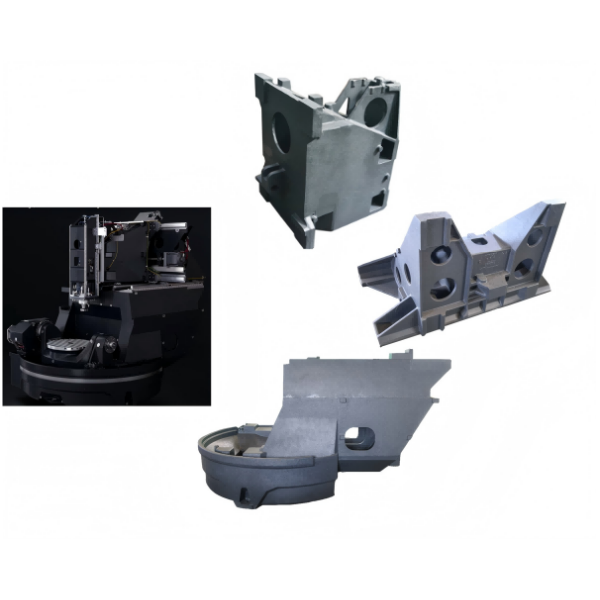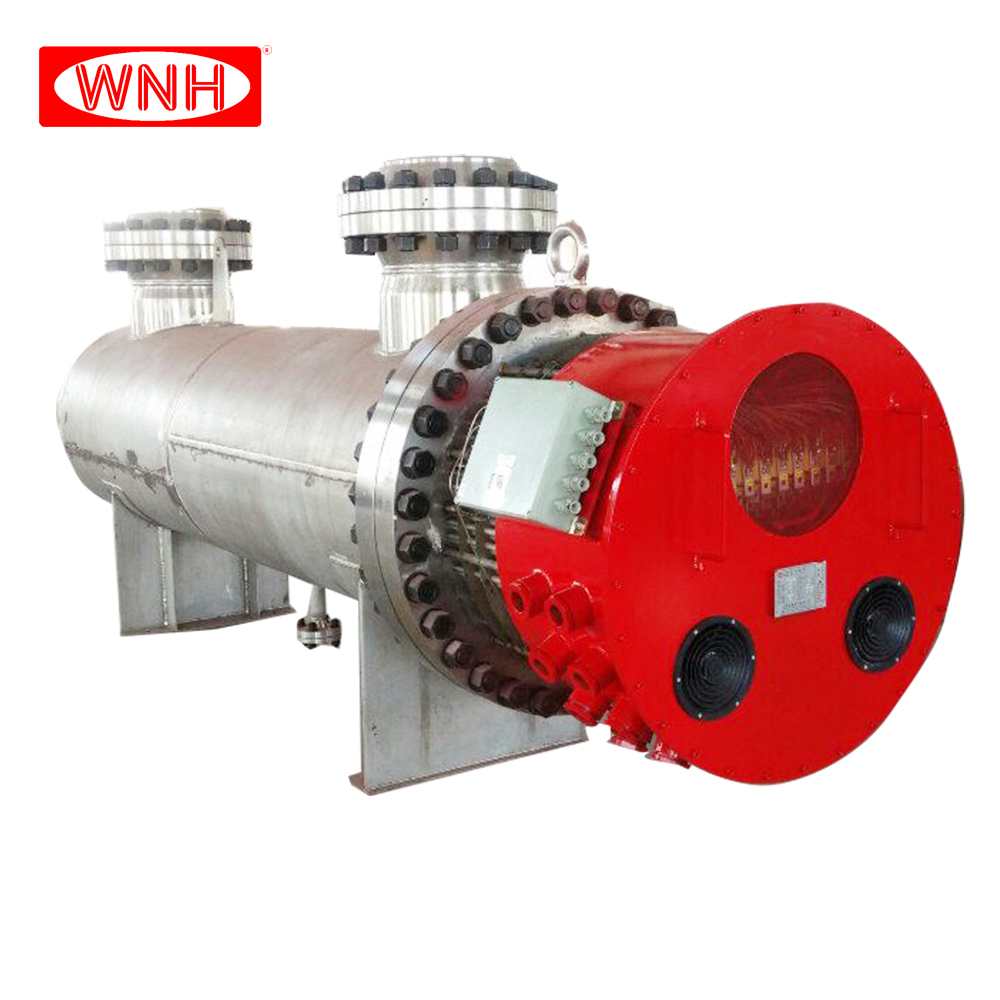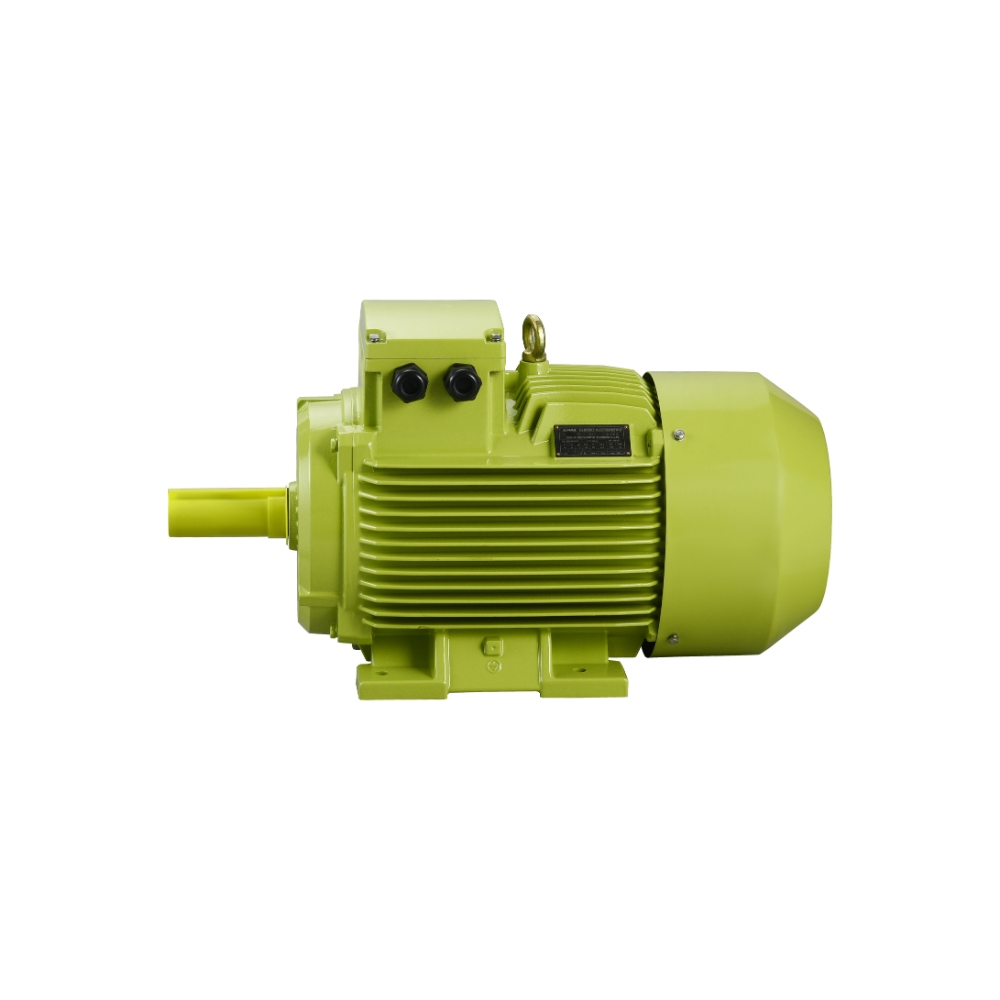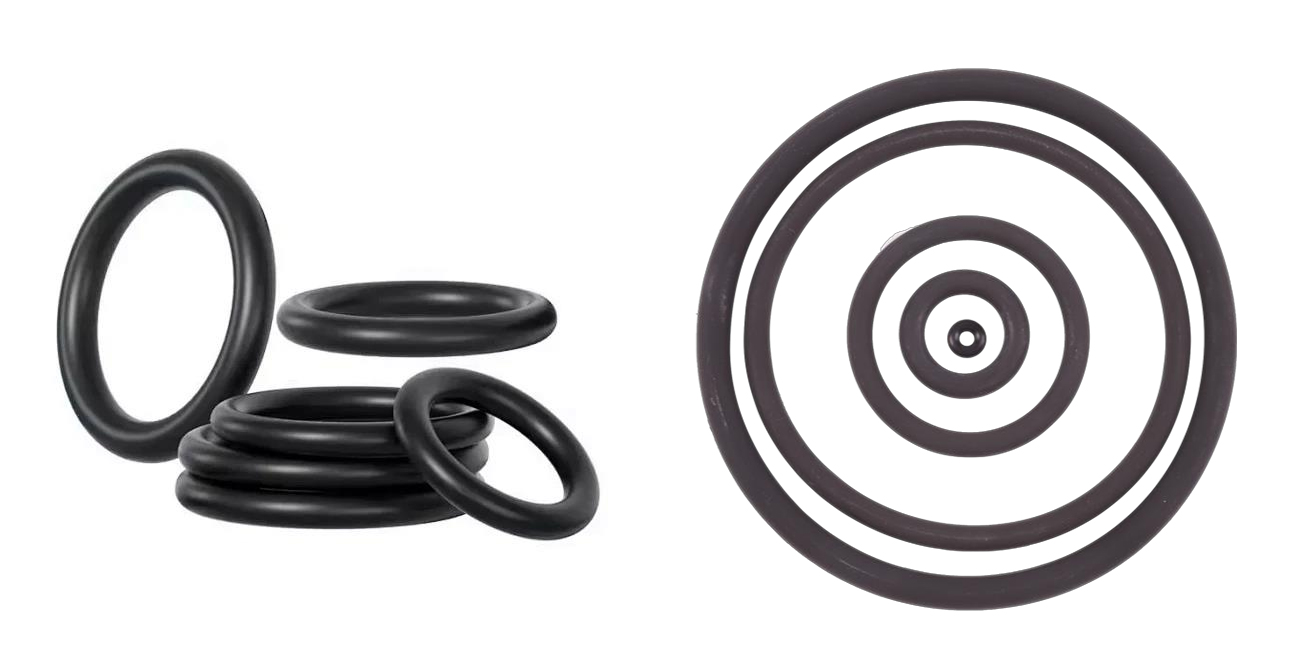In the ever-evolving landscape of chemical innovation, fluorine-containing monomers have carved out a vital niche across multiple industries. Their unique chemical properties—such as exceptional thermal stability, chemical resistance, and low surface energy—make them indispensable in fields ranging from protective coatings to high-performance pharmaceuticals.
As the demand for advanced materials and specialized compounds grows, so does the need for reliable expertise in their development and production. Plus, a high-tech enterprise specializing in the research, manufacturing, and sales of electronic chemicals, high-end pharmaceutical intermediates, and APIs, plays a leading role in unlocking the potential of fluorine monomers in both industrial and medical domains.
What Are Fluorine Monomers?
Fluorine monomers are organic compounds containing fluorine atoms that can be polymerized to form fluoropolymers. These monomers often include fluoroalkenes, perfluoroalkyl vinyl ethers, and fluorinated acrylates, among others. The inclusion of fluorine atoms imparts unique physical and chemical properties that are difficult to replicate with other elements.
Due to fluorine's small atomic radius and high electronegativity, fluorinated monomers exhibit:
High chemical resistance
Thermal stability
Hydrophobic and oleophobic surfaces
Biocompatibility and metabolic stability (in pharmaceuticals)
These attributes position fluorine monomers at the intersection of advanced material science and medicinal chemistry.
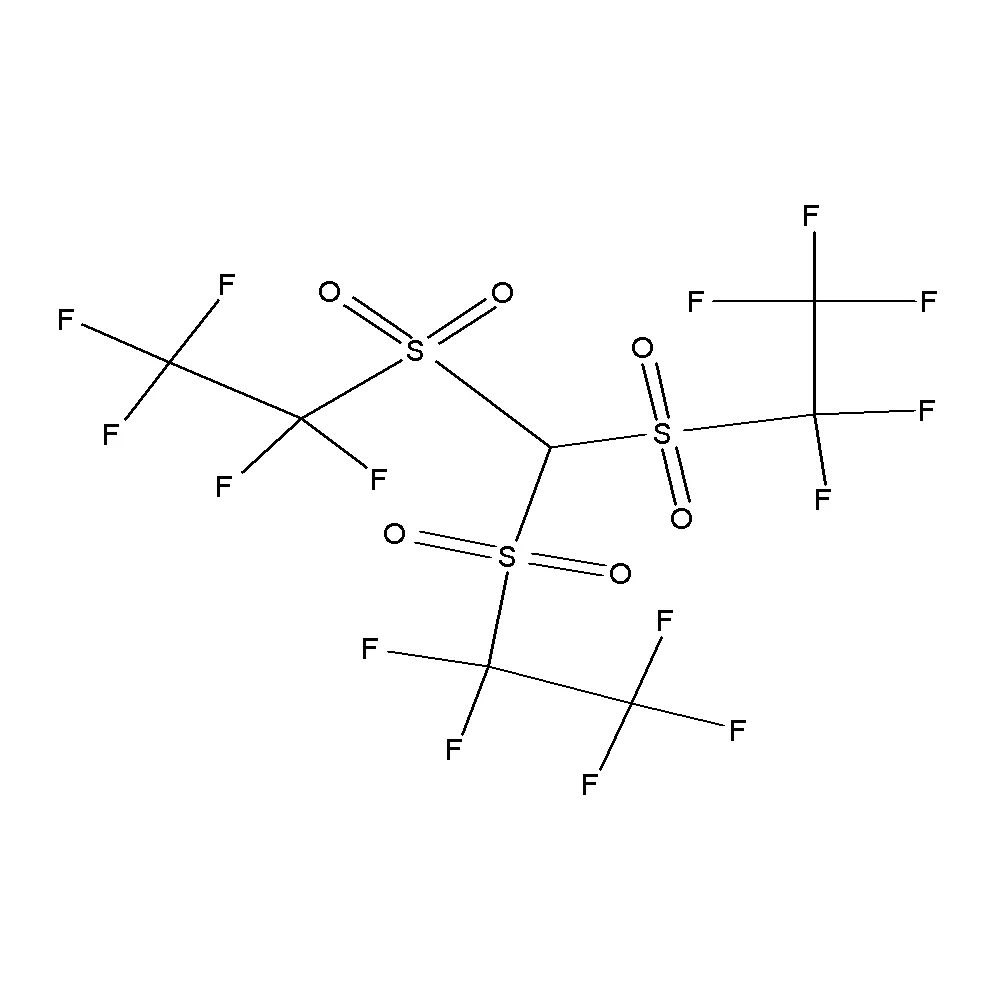
1. Protective and Functional Coatings
One of the most well-known industrial uses of fluorine monomers is in high-performance coatings. These include:
Anti-corrosion coatings for pipelines, bridges, and aircraft
Non-stick coatings in cookware and industrial molds
Low-friction coatings for mechanical components
Hydrophobic and oleophobic coatings for textiles and glass
Plus develops and supplies fluorinated intermediates for these coatings, focusing on optimizing performance at both the molecular and application levels. Their R&D capabilities allow them to create monomers with specific reactivities and compatibilities for customized end-use formulations.
2. Electronics and Semiconductor Industry
Fluorinated monomers play a vital role in the electronics sector, particularly in:
Photoresists and etching agents used in microchip manufacturing
Dielectric materials for printed circuit boards
Insulating films in flexible displays and photovoltaics
Due to their excellent electrical insulation and low dielectric constant, fluoropolymers derived from these monomers ensure performance and reliability in sensitive electronic environments.
Plus, with its core competency in electronic chemicals, is at the forefront of producing ultra-pure fluorinated compounds essential to semiconductor fabrication. Their products meet the strict purity standards and structural precision required by cutting-edge electronics manufacturers.

3. Pharmaceuticals and Drug Development
In medicinal chemistry, fluorine is a game changer. Incorporating fluorinated groups into active pharmaceutical ingredients (APIs) can significantly enhance:
Bioavailability
Metabolic stability
Target binding affinity
Lipophilicity and membrane penetration
Fluorinated monomers and intermediates are used to synthesize critical API scaffolds and intermediates in treatments for cancer, viral infections, and cardiovascular diseases.
Plus is deeply involved in the development and production of high-end pharmaceutical raw materials and intermediates, many of which feature fluorinated structures. Their commitment to quality and innovation ensures that pharmaceutical companies can access reliable building blocks for next-generation therapies.
4. Energy and Environmental Applications
Fluorinated polymers are increasingly important in clean energy technologies, such as:
Fuel cell membranes (e.g., proton exchange membranes)
Battery binders and separators for lithium-ion batteries
Barrier materials for hydrogen storage and solar panels
These applications benefit from the chemical inertness and high-performance thermal profiles of fluorine monomers.
Plus is actively expanding its product portfolio to support these green technologies, aligning with global goals for sustainable and clean energy development.

5. Advanced Composite Materials
In the field of composite manufacturing, fluorine monomers help produce:
Lightweight, weather-resistant materials for aerospace and automotive industries
Flame-retardant polymers for public safety and infrastructure
High-frequency dielectric composites for telecommunications
Plus’s robust manufacturing infrastructure allows for scale-up of customized fluorinated monomers used in specialty resins and composites, enabling high-performance solutions in demanding industrial environments.
Why Choose Plus for Fluorine Monomer Solutions?
As a high-tech enterprise with deep expertise in electronic chemicals and pharmaceutical raw materials, Plus is uniquely positioned to deliver:
Advanced R&D for custom molecule design
Flexible production capabilities from lab-scale to industrial quantities
Strict quality control aligned with international standards
Global support for technical service and regulatory compliance
Plus doesn’t just provide chemicals—they provide chemistry-driven solutions that empower innovation across industries.

Final Thoughts
Fluorine monomers may be small in structure, but their impact is vast and far-reaching. From making pharmaceuticals more effective to enhancing the durability of industrial coatings and advancing green technologies, these compounds are at the heart of modern innovation.
With the expertise and advanced capabilities of Plus, industries around the world are better equipped to harness the power of fluorine chemistry—transforming ideas into impactful products with performance, precision, and purpose.
Chemical Raw Materials: The Essential Role of Fluorine Monomers in Sustainable Development
www.plus-materialchem.com
Plus science & technology (Shanghai) Co., Ltd.



